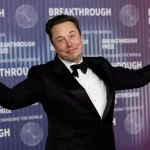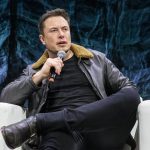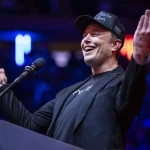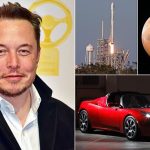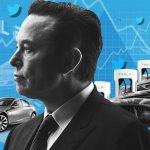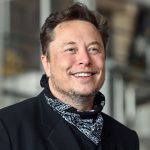Elon Musk Invests $15 Million in Free Meal Programs, Helping Fight Hunger in Underserved Areas
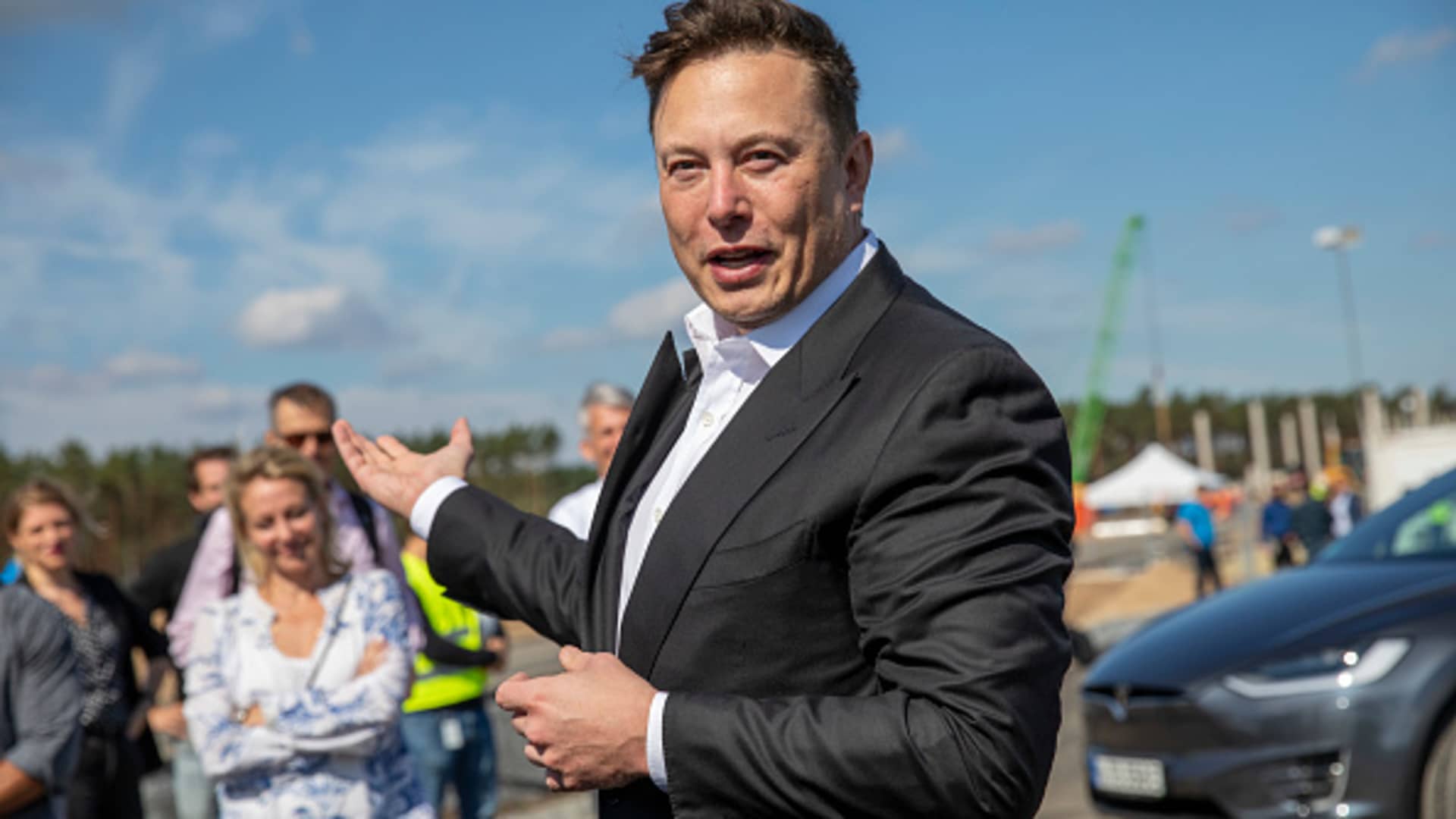
Elon Musk Invests $15 Million in Free Meal Programs, Helping Fight Hunger in Underserved Areas
Introduction: Elon Musk, the billionaire CEO of Tesla, SpaceX, and several other groundbreaking companies, has always been known for his bold and visionary projects. However, his latest venture isn’t about space exploration or electric vehicles—it’s about addressing one of society’s most pressing issues: hunger. Musk has committed to investing $15 million in free meal programs aimed at combating food insecurity in underserved areas. This investment, which will fund local food programs and initiatives, highlights Musk’s growing interest in using his wealth and influence to support social causes. In this article, we explore Musk’s investment in hunger relief, the impact of his contribution, and how it reflects his broader approach to philanthropy.
The Growing Issue of Food Insecurity: Food insecurity, defined as the lack of access to enough food for an active, healthy life, remains a significant issue in many parts of the world, including developed countries like the United States. According to recent reports, millions of people, including children and families in underserved areas, struggle to access nutritious food, particularly in low-income communities. The COVID-19 pandemic exacerbated this problem, with many families facing unemployment and financial hardship, leading to a surge in demand for food assistance programs.
While governments and nonprofit organizations have long worked to address food insecurity, the scale of the issue often overwhelms available resources. In the face of this ongoing challenge, philanthropic efforts like Musk’s investment in free meal programs offer much-needed support. His $15 million donation is set to have a significant impact on providing nutritious meals to those who need them most, helping to alleviate hunger in underserved communities.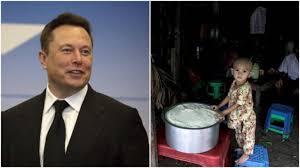
Musk’s Investment in Free Meal Programs: Musk’s decision to invest $15 million in free meal programs is a direct response to the growing need for accessible, nutritious food in underserved areas. The funding will go toward supporting local food banks, community kitchens, and meal distribution networks that serve low-income families and individuals facing hunger. These organizations are critical in providing emergency food assistance to those who might not otherwise have access to regular meals.
The programs Musk is supporting focus on providing free, nutritious meals that go beyond just filling empty stomachs—they aim to improve health and well-being in communities that are often overlooked by traditional food systems. This focus on healthy meals is particularly important, as many underserved areas lack access to fresh produce, whole grains, and other nutritious food options. By supporting initiatives that prioritize nutrition, Musk is helping to address not just hunger, but the broader issue of food quality and health disparities.
In addition to providing immediate relief, the programs Musk is funding will also work to create long-term solutions to hunger. Many of the initiatives aim to create sustainable food systems that focus on local food production, reducing food waste, and improving distribution networks. Musk’s investment could help scale these programs, enabling them to reach more communities and have a lasting impact on food security in underserved regions.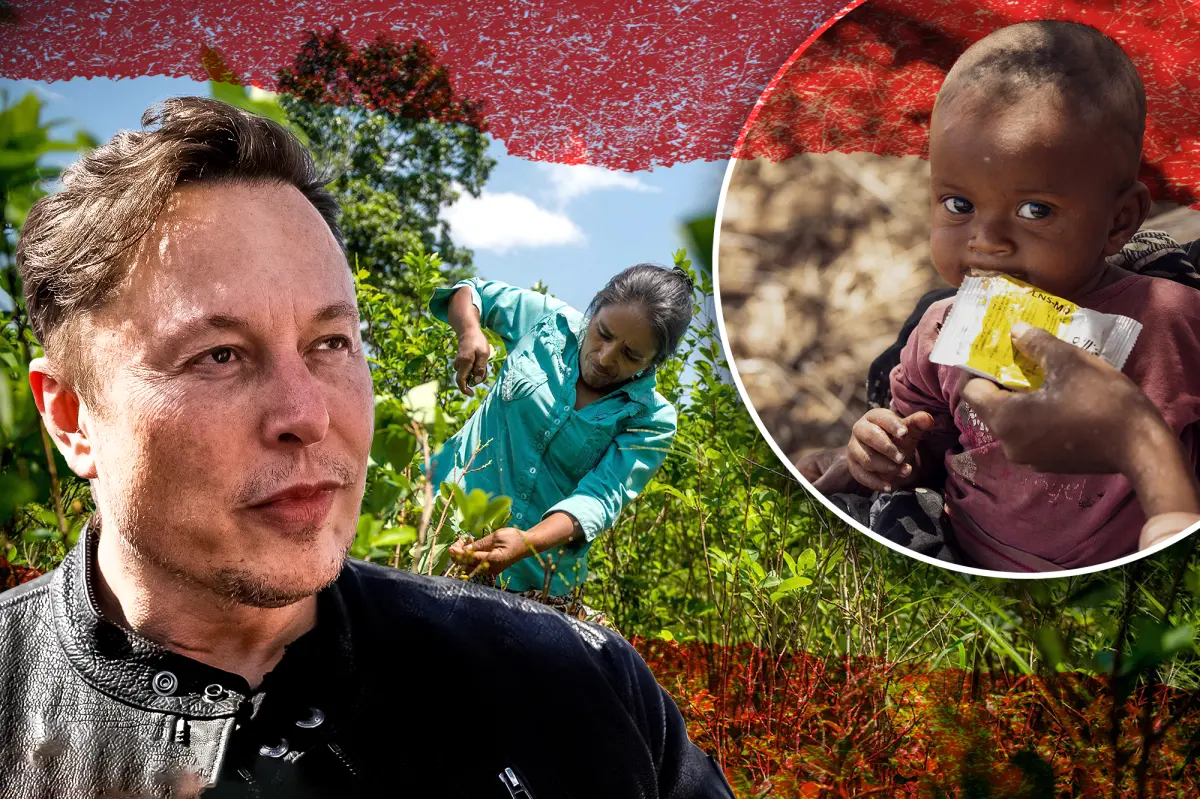
The Broader Impact of Musk’s Contribution: Musk’s $15 million investment in free meal programs is more than just a financial contribution—it’s a call to action for other individuals and corporations to get involved in solving the issue of food insecurity. By using his influence to raise awareness about the problem, Musk is encouraging others to think creatively about how they can contribute to addressing hunger in their own communities.
In addition to his financial support, Musk’s investment in free meal programs reflects his broader approach to philanthropy, which often focuses on using innovative solutions to tackle global challenges. Just as Musk has revolutionized the space industry with SpaceX and the automotive industry with Tesla, his philanthropic efforts aim to bring fresh ideas to longstanding societal issues. His willingness to support local, community-based programs underscores his belief that change can come from the ground up, rather than relying solely on top-down government policies or large-scale global initiatives.
Musk’s involvement also highlights the growing trend of corporate social responsibility (CSR) and the importance of businesses using their resources to support social causes. Tesla, SpaceX, and other companies owned by Musk have already made strides in addressing environmental issues through sustainable technology, and now Musk is extending that commitment to social issues like hunger and food insecurity. His $15 million investment is a reminder that business leaders can play a key role in shaping positive social change, both through their products and through direct contributions to the community.
Challenges and Opportunities in the Fight Against Hunger: While Musk’s investment is a significant step forward in the fight against hunger, addressing food insecurity on a global scale remains an ongoing challenge. Hunger is often linked to a complex web of issues, including poverty, inequality, lack of education, and environmental factors. Providing free meals is an important short-term solution, but long-term strategies will require addressing the root causes of food insecurity, such as income inequality, access to education, and the availability of affordable housing.
Moreover, as food systems evolve and the global population continues to grow, sustainable solutions will be needed to ensure that everyone has access to nutritious food. This includes innovations in food production, distribution, and waste management. Musk’s investment could help spark further innovation in these areas, particularly by supporting programs that focus on sustainability, local food production, and reducing food waste.
At the same time, the $15 million investment provides an opportunity to pilot new approaches to tackling food insecurity. With the support of Musk’s funding, meal programs could experiment with new technologies or models for food distribution, such as the use of digital platforms to connect food donors with recipients, or the development of more efficient food delivery systems. By funding these initiatives, Musk is helping to create a foundation for future solutions that could scale to address hunger in a more systemic way.
The Ripple Effect of Musk’s Philanthropy: Elon Musk’s $15 million donation to free meal programs could have a ripple effect that extends beyond the immediate impact on food insecurity. The investment not only provides crucial support for individuals and families facing hunger, but it also raises awareness about the issue and encourages other philanthropists, companies, and governments to take action.
By making this investment, Musk is challenging others to think about how they can contribute to solving the hunger crisis. His focus on innovative, sustainable solutions sets an example for how philanthropy can be used to address social problems in creative and lasting ways. If more high-profile individuals and organizations follow suit, it could help galvanize a global movement to combat food insecurity, with far-reaching benefits for communities around the world.
Conclusion: Elon Musk’s $15 million investment in free meal programs represents a powerful step in the fight against hunger, particularly in underserved communities. By directing his resources to support local food initiatives, Musk is helping to provide immediate relief for individuals and families facing food insecurity, while also promoting sustainable solutions that could address the root causes of hunger. His philanthropic efforts reflect his broader commitment to using technology, innovation, and business leadership to tackle global challenges. Musk’s contribution serves as both a call to action and an example of how individuals and corporations can make a meaningful difference in the world. With his support, these meal programs have the potential to make a lasting impact on food insecurity, helping to create a more equitable and sustainable future for all.
